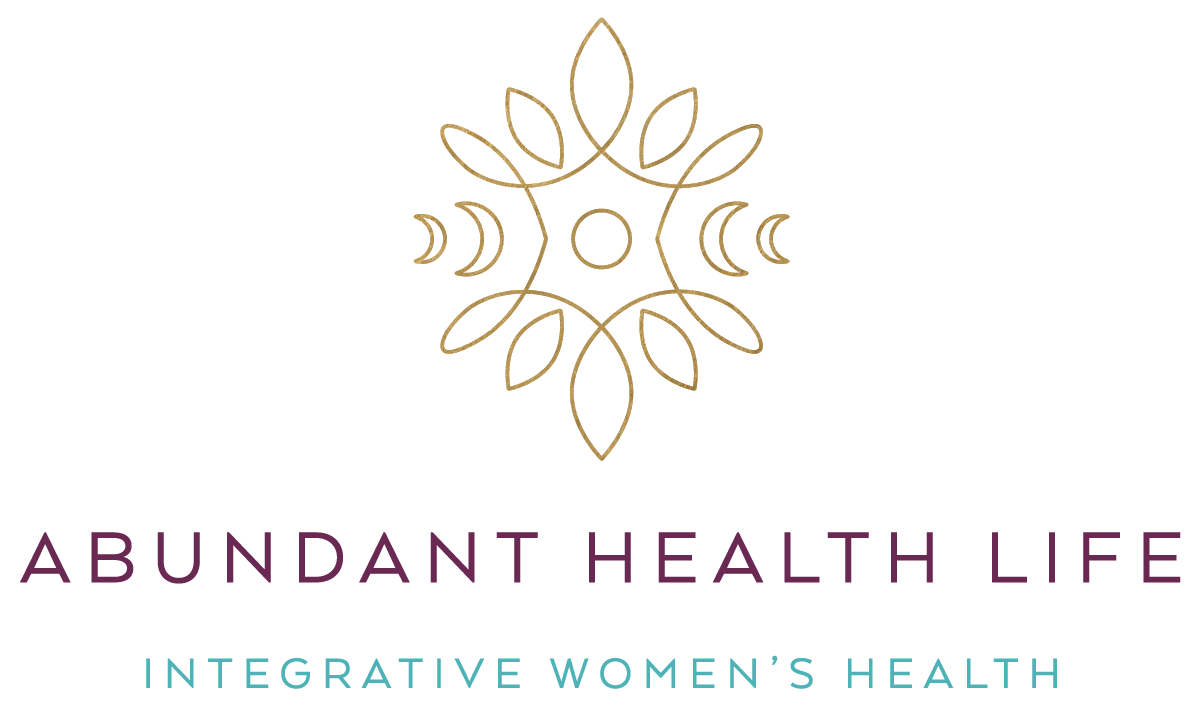How I Overcame Seasonal Affective Disorder
I used to struggle with Seasonal Affective Disorder, also known as the Winter Blues. Before I was diagnosed, I would come home and want to just eat chocolate and lay on the couch. I first noticed this pattern while doing clinical rotations in England. I thought that I just wasn't made for the dreary drizzly days. I had a feeling that it had something to do with lack of sunshine but I didn't know for sure. It could have also been exhaustion since I was a medical student.
The added stress of exams and fellowship applications near the end of my residency training brought things to a head. I got to the point where I felt like I couldn't cope. Once the darker days of winter arrived, I wanted to sleep all the time and had a hard time focusing. I saw my primary care doctor who diagnosed me with Seasonal Affective Disorder. She prescribed Wellbutrin. I didn't want to be on an antidepressant, but it helped me to get over the crisis and become functional again.
Seasonal Affective Disorder (SAD) is a type of depression that occurs seasonally. For the Northern Hemispheres, it typically rears its head in the winter months. If you find that you can barely get out of bed during the winter but get reenergized in the Spring, you might have SAD. People with SAD also tend to crave carbohydrates and unsurprisingly gain weight. When I began to research SAD as a resident, I found that it's more common in women. You are also more likely to get it if you have a family member with SAD. My family is from the Caribbean so don't lack exposure to sunlight. My mom, however, used to be a nurse and struggled with being on night duty for prolonged periods of time. Apparently, we are both sensitive to lack of sunlight, which is thought to be what causes SAD.
While antidepressants may be appropriate for some, there are also non-pharmacologic solutions . I no long require antidepressants at this stage of my journey. These are some solutions that have helped me to thrive.
Light Therapy
Light therapy is one of the first treatments I implemented in my effort to manage my Winter Blues. Since lack of sunlight disrupts the biological clock, light therapy can be used to reset your internal clock.I purchased an inexpensive LiteBook which is a portable source of light therapy. I place it on my desk or my bathroom counter while I complete other tasks so that I get at least 15 minutes of artificial sunlight first thing in the morning. Just like you don't look directly at the sun, you don't want to stare into your LiteBook.At the beginning of my journey, I would do this routinely from the start of Fall to the beginning of Spring. Now I'm not as consistent, but bring it out if I notice an increase in carbohydrate cravings or flagging energy.Natural sunlight is also essential. I try to get out at lunch to either sit or walk on a sunny day so that I can recharge.
Vitamin D
Vitamin D, also known as the sunshine vitamin is necessary for healthy immunity. It also helps to reduce inflammation within the body. Low levels can mimic depression. My vitamin D levels were profoundly depleted when I finally got them checked years after first being diagnosed with SAD. Now I stock up naturally in the summer and increase my supplementation in the fall and winter.
Anti-inflammatory Diet
The right or wrong diet can have a huge impact on your mood and energy levels. Many believe that depression begins in the gut and is related to inflammation. Following a nutrition plan that is gluten-free and largely grain free has elevated my mental clarity, focus, and mood significantly.Resist the urge to binge on traditional carbohydrate laden comfort foods and snacks. Instead boost your intake of green leafy vegetables, healthy fats and quality sources of protein. Consider food sensitivity testing if you always feel like you are in a fog.
Exercise outdoors
Resist the urge to hibernate. I'm a summer baby, so it's so tempting for me to cuddle up under blankets until the Spring. Don't do it! Maintain your healthy exercise habit. Engaging in outdoor physical activities is an ever better way to boost your energy and mood while burning calories.
Good health is a journey. Thanks for sharing mine.
*It is important to consult with your health care provider before discontinuing any medication. Don't hesitate to seek professional help especially if your symptoms are severe.


